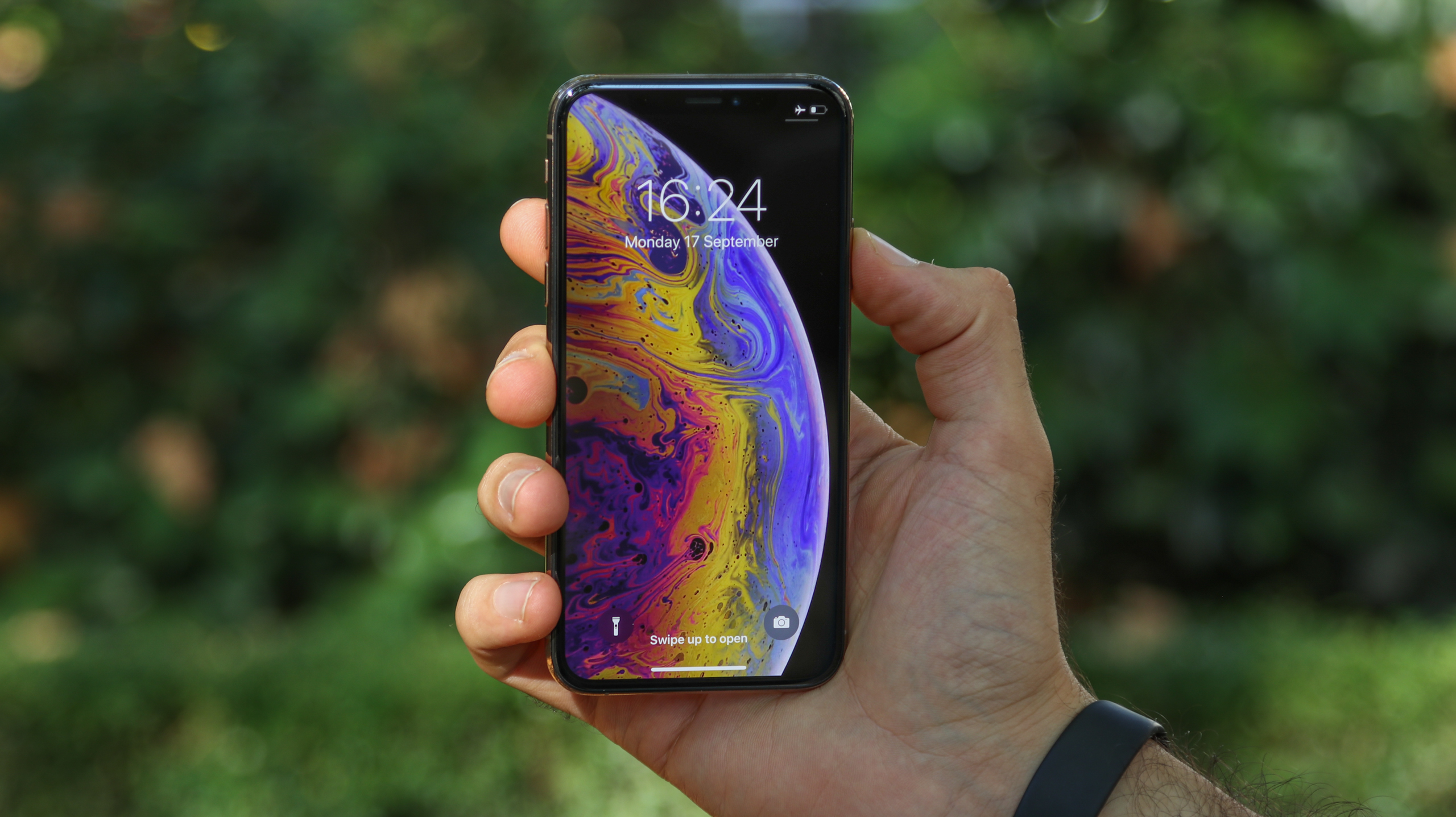Why you can trust TechRadar
Verdict
The iPhone XS at launch was easily the best iPhone Apple had ever made - it had the fastest processor, top screen and least bezel out there. The only difference between the smaller XS and larger XS Max is the screen size and battery life, so it’s nice that the difference between the two is minimal.
It’s difficult to deliver a proper verdict on the iPhone XS, because it’s not much of an upgrade at all over the iPhone X, so usually we’d recommend going for the older model.
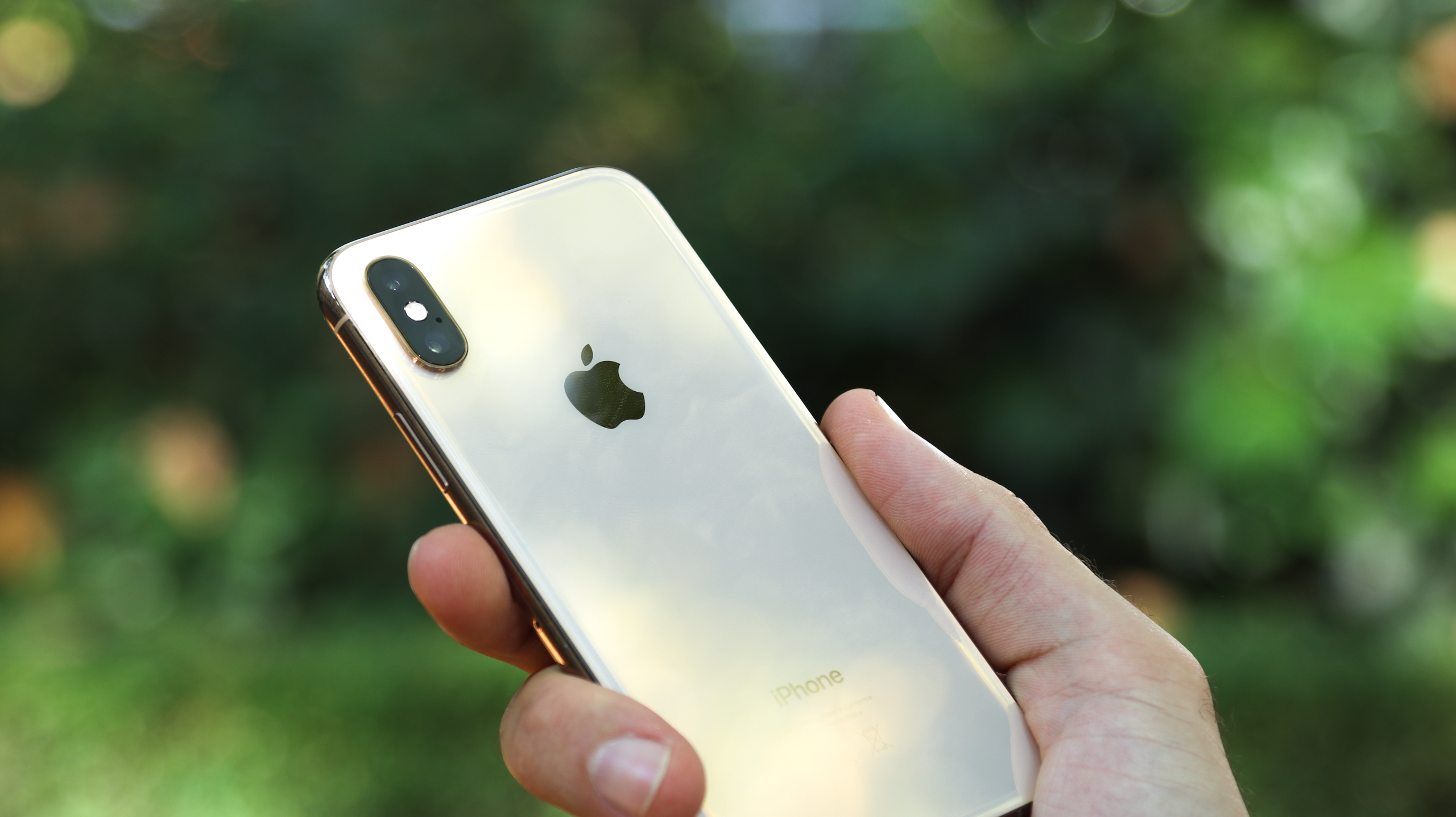
In this case Apple’s decided to take the iPhone X off the market, so if you want a top-end iPhone you’ll need to pay the high cost of the XS or go for the newer iPhone 11 Pro or iPhone 11 Pro Max.
The chances are you’re thinking of upgrading to the iPhone XS from an older iPhone, in which case we’d say: absolutely do it, as long as you can afford it. As an investment in day-to-day life, it’s worth a little extra as the improved screen quality, the better speakers and longer battery life will be of real use.
The camera will wow anybody using anything older than an iPhone 7 for sure, and the portrait mode is really nice when you play around with the effects a little.
Who's it for?
The iPhone XS is for those that want a fast, powerful and impressive smartphone - not just Apple lovers.
Were the iPhone X still on sale we’d mark the iPhone XS down a little, but as it was the only premium handset from Apple on the market at launch (alongside the similar iPhone XS Max) it has to be compared to the best around - and it stands up pretty well.
It was the most powerful smartphone we’d tested, has a comparable camera and a top-end screen - battery life could be improved, sure, and that may be the thing that irks Android users the most, or possibly the lack of headphone jack and adaptor in the box.
However, if you’re after the ease of use the iPhone offers, want one of the best on the market and are prepared to pay a little more for the privilege (but not quite as much as an iPhone 11 Pro), then we definitely recommend the iPhone XS for the job.
Should I buy it?
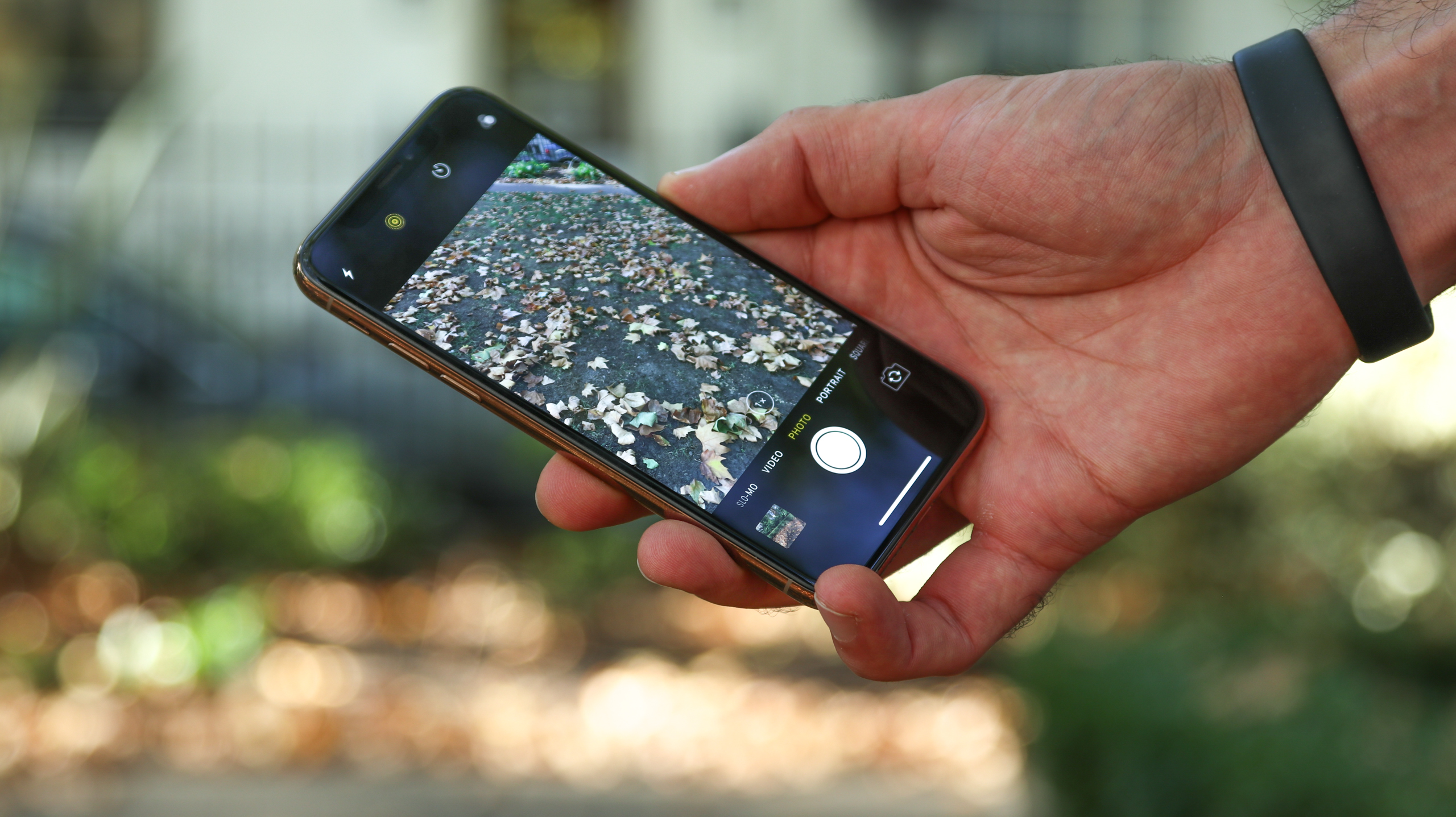
Ooh, now here’s the hard question. If the iPhone XR didn’t exist, we’d suggest that you go out and get the iPhone XS as the cost doesn’t really plummet that much over the course of the year - so if you can afford it now, then go for it.
However, the iPhone XR offers a lot of similar features: large display, A12 Bionic chipset, iOS 12, TrueDepth camera on the front - and it’s much cheaper (without still being that cheap).
If you just want a good and powerful iPhone, the sleekest you’ll be able to buy this year, then go for the iPhone XS (or think about boosting up to the iPhone 11 Pro).
But just make sure it’s in your price range first.
First reviewed: September 2018
Competition
Whether you're set on Apple or open to Android there are alternative phones you might want to consider, most notably the following four.
iPhone 11
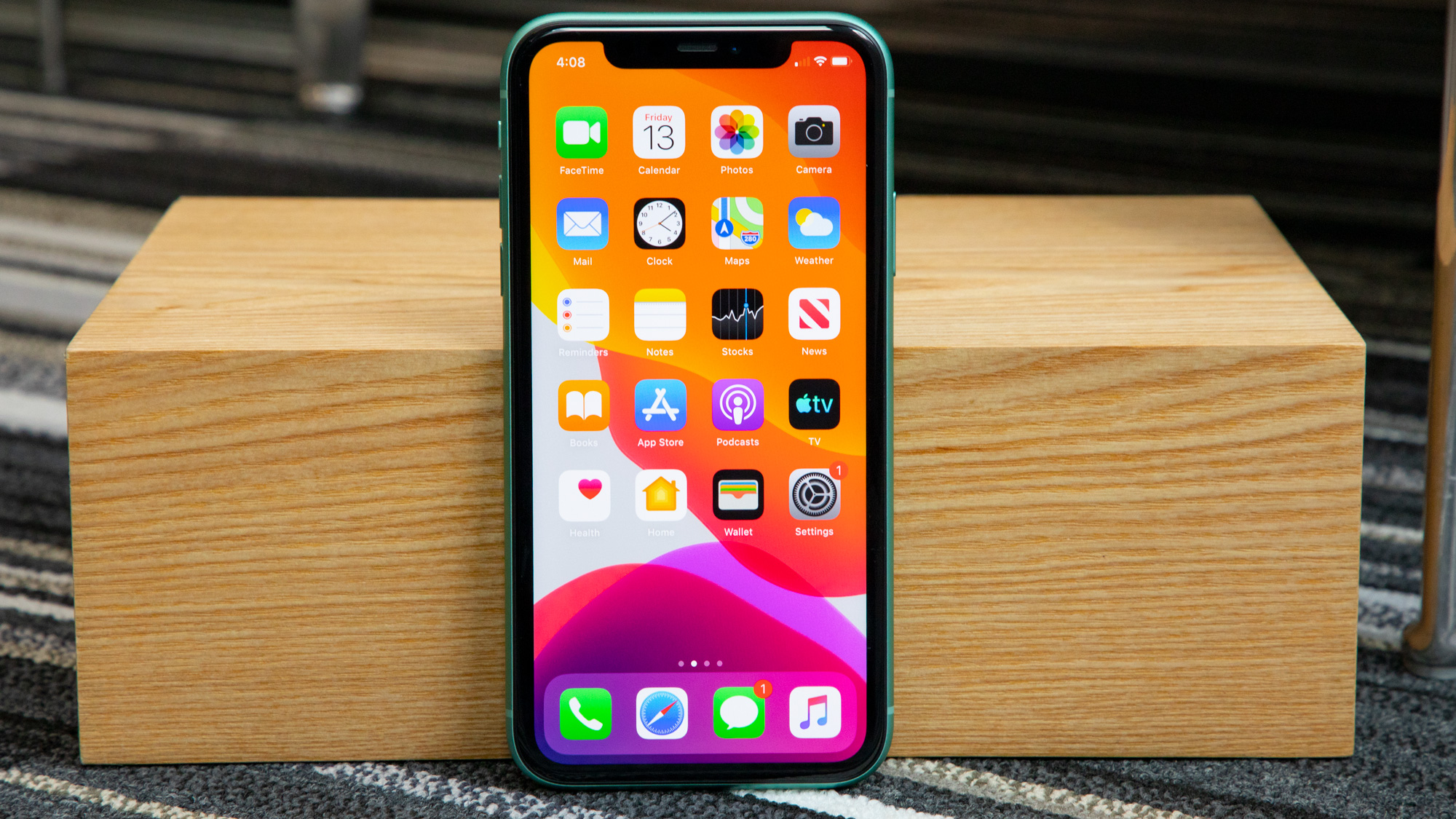
The iPhone 11 is a newer handset yet the price is surprisingly palatable by Apple standards. That's in part because despite the name this isn't Apple's main flagship for 2019.
In fact, it has an inferior LCD display compared to the iPhone XS, but battery life should be better and there's more power here, so it depends what you most value as to which is the better buy.
Read our full iPhone 11 review
iPhone 11 Pro
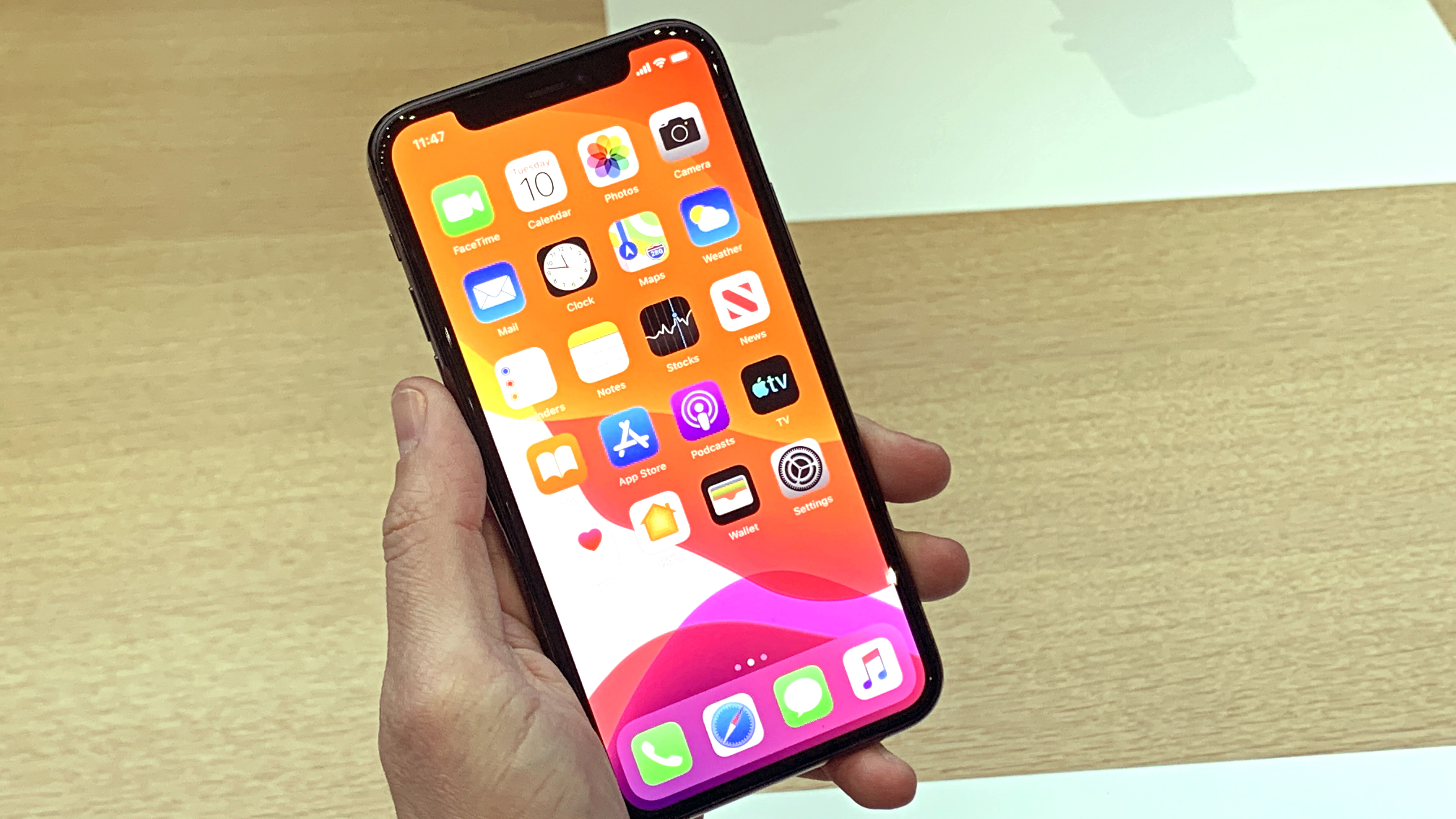
The iPhone 11 Pro is the real successor to the iPhone XS and it's a bigger upgrade than the XS was from the iPhone X, though not by much.
It has a newer, faster chipset, an extra camera lens, and a new frosted finish on the back, alongside a bunch of smaller upgrades, such as a slight battery boost.
This isn't a phone to upgrade from the iPhone XS to, but if you're choosing between the two and you have the cash, the iPhone 11 Pro is the superior handset.
Read our hands-on iPhone 11 Pro review
iPhone XS Max
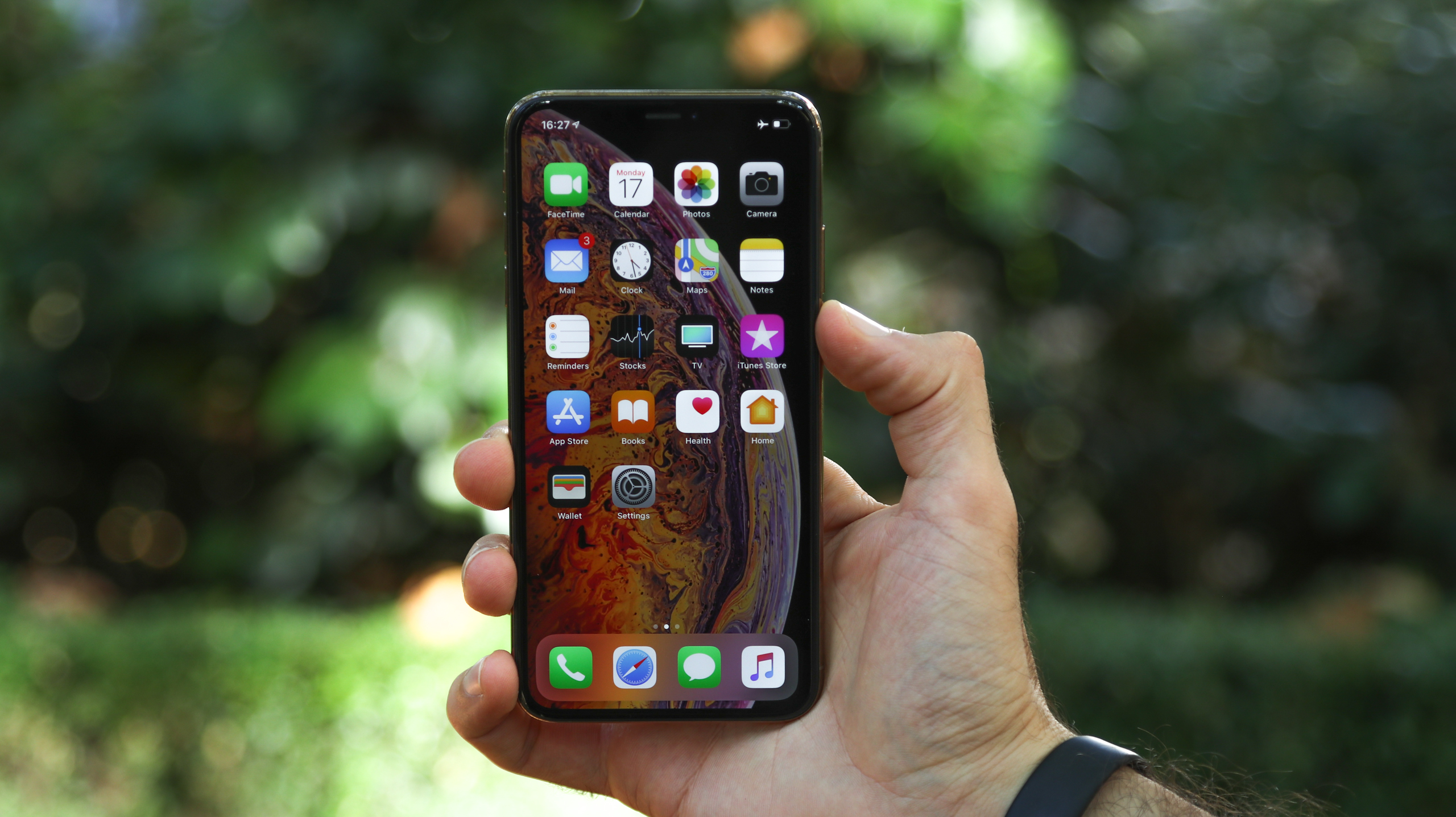
The iPhone XS Max is a much bigger phone than the iPhone XS, at 6.5-inches. That’s the main difference between the two and makes the XS Max the better option for video viewing and gaming.
The iPhone XS Max also has a bigger battery and theoretically longer life than the iPhone XS, though both of these phones will typically want a nightly charge.
The trade-off for these larger elements is a higher price, with the iPhone XS Max costing a chunk more than the already-expensive iPhone XS, so you’ll have to really want that bigger screen.
Read our full iPhone XS Max review
Samsung Galaxy S10
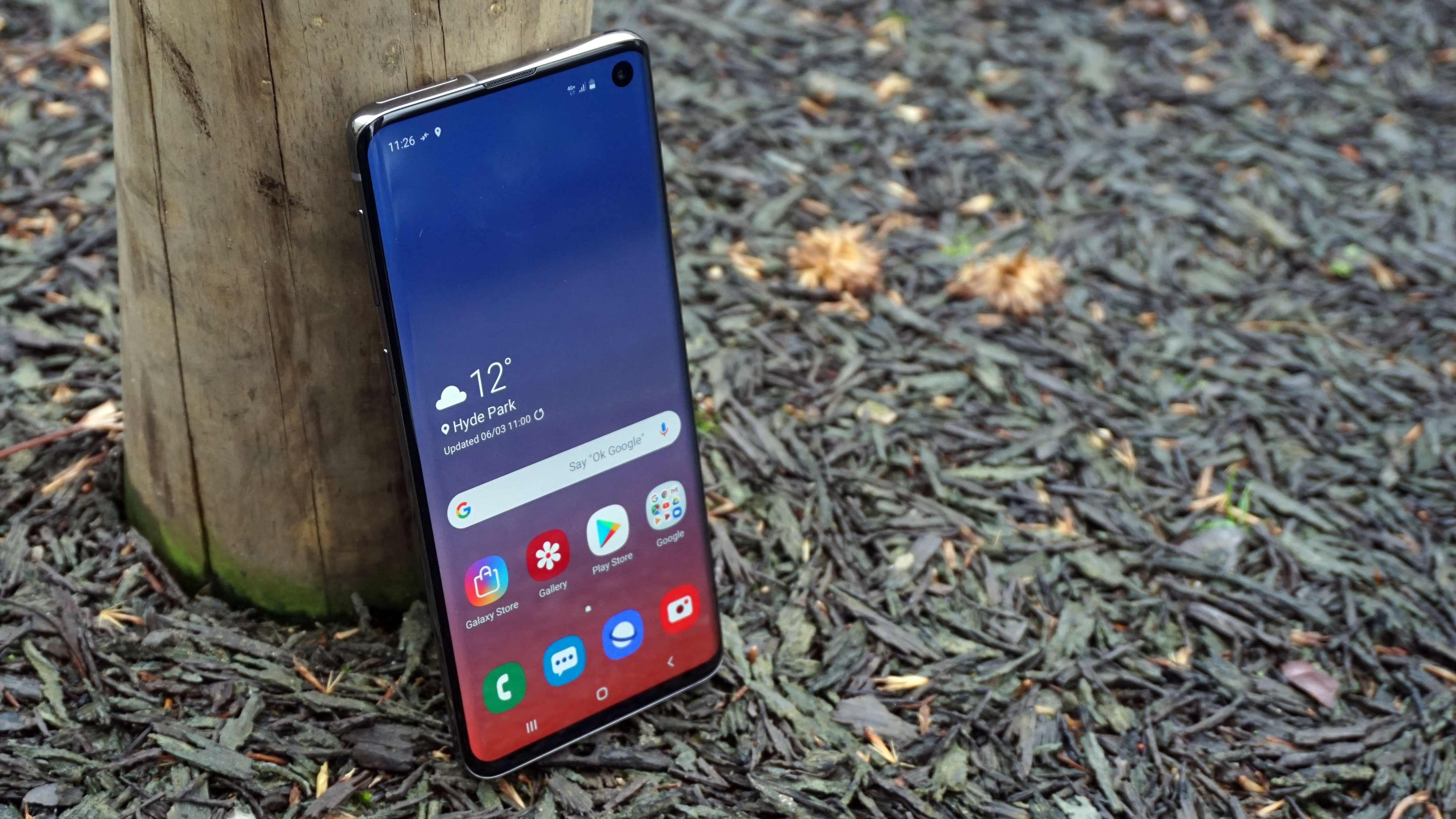
The Samsung Galaxy S10 is - along with the Samsung Galaxy S10 Plus - the latest and greatest Galaxy S flagship from Samsung and the main rival to the iPhone XS over in Android land.
Samsung's phone has an all-screen design with a punch-hole camera taking the place of a notch. There's also an in-screen fingerprint scanner and a whole lot of power.
The Galaxy S10 also has a triple-lens camera on the back, a nifty Wireless PowerShare feature (which lets you use the phone as a wireless charging pad for other devices), and a high-quality 6.1-inch 1440 x 3040 AMOLED screen, making it larger and sharper than the iPhone XS.
Despite being a newer phone it's also slightly cheaper than Apple's handset, but still costs a lot. Though if money is no object then you might want to consider the Galaxy S10 Plus instead - it has an extra camera on the front, an even bigger screen, a huge battery and a price tag similar to the iPhone XS.
Read our hands on Samsung Galaxy S10 review
iPhone XR
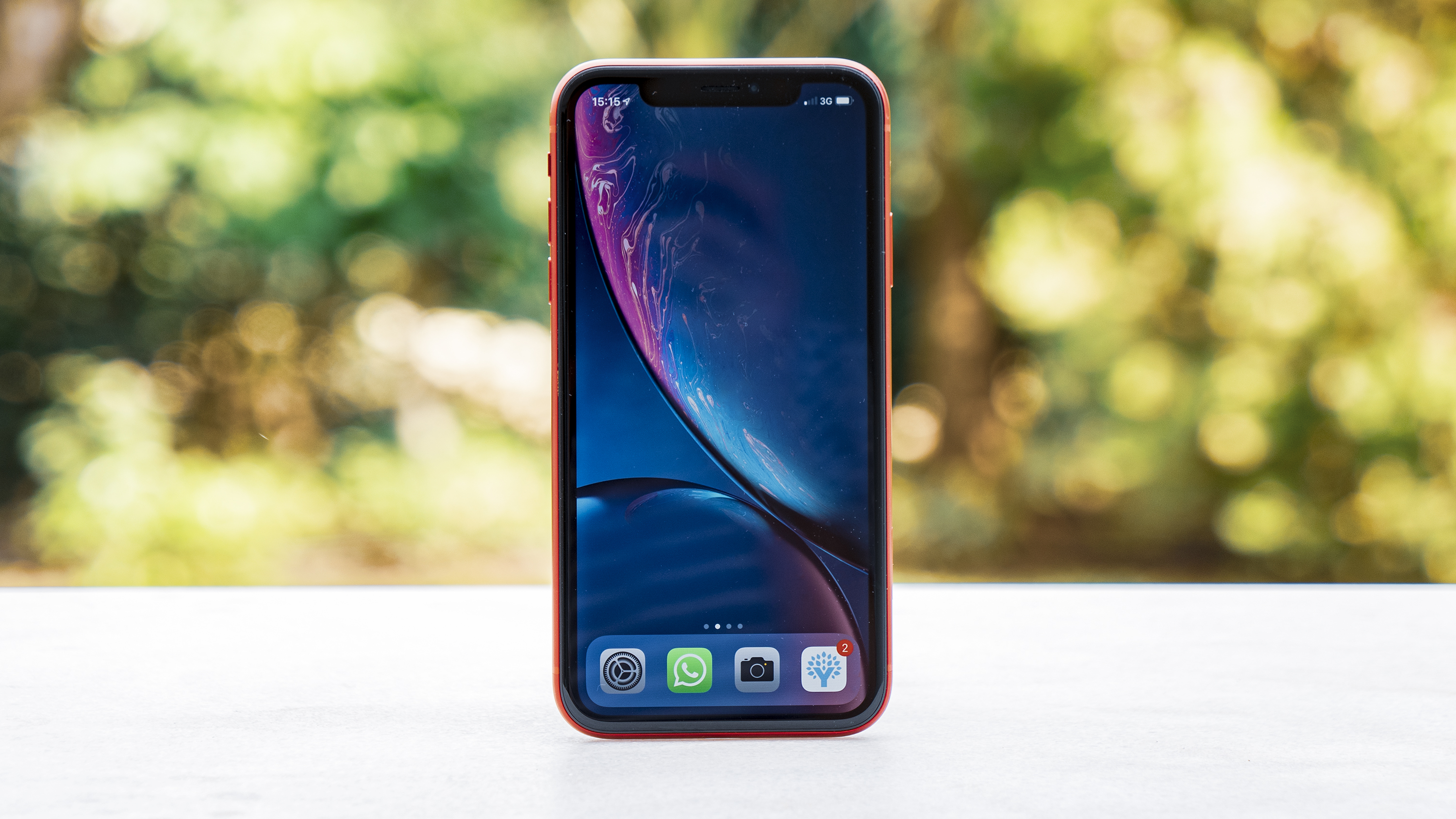
Apple’s ‘cheap’ iPhone, the iPhone XR is still a moderately expensive device, but it’s rather more palatable than the iPhone XS on that front.
It actually has a bigger screen than the iPhone XS at 6.1 inches, but at 828 x 1792 it’s not as sharp, and it uses LCD rather than OLED. The iPhone XR also has just a single-lens rear camera rather than a dual-lens one, and while the design is similar it has larger bezels and a thicker build.
That said, you get the same top-end chipset and Face ID camera as the iPhone XS, so most of the core features and power is intact.
Read our full iPhone XR review

Gareth has been part of the consumer technology world in a career spanning three decades. He started life as a staff writer on the fledgling TechRadar, and has grew with the site (primarily as phones, tablets and wearables editor) until becoming Global Editor in Chief in 2018. Gareth has written over 4,000 articles for TechRadar, has contributed expert insight to a number of other publications, chaired panels on zeitgeist technologies, presented at the Gadget Show Live as well as representing the brand on TV and radio for multiple channels including Sky, BBC, ITV and Al-Jazeera. Passionate about fitness, he can bore anyone rigid about stress management, sleep tracking, heart rate variance as well as bemoaning something about the latest iPhone, Galaxy or OLED TV.
